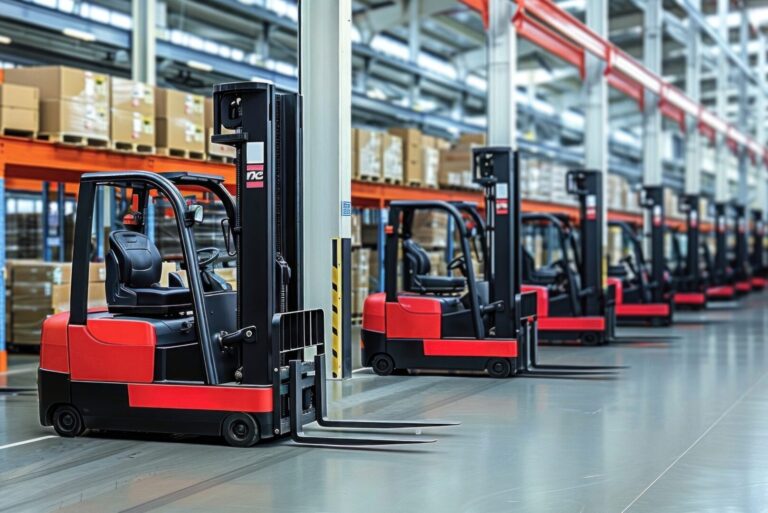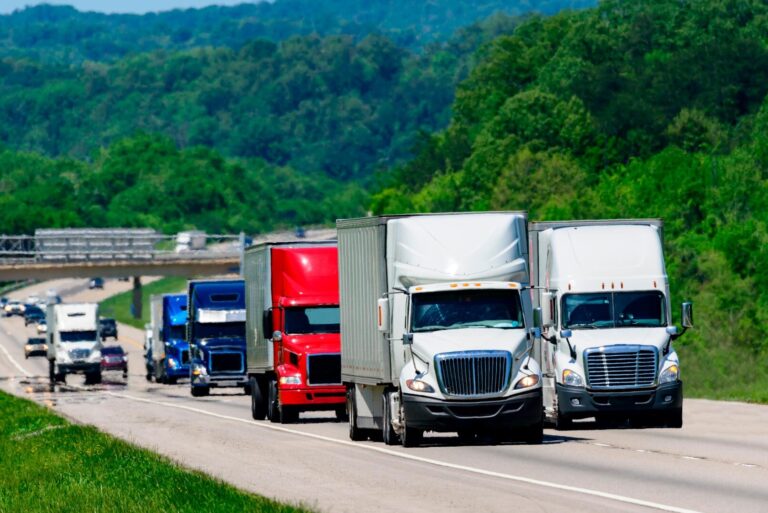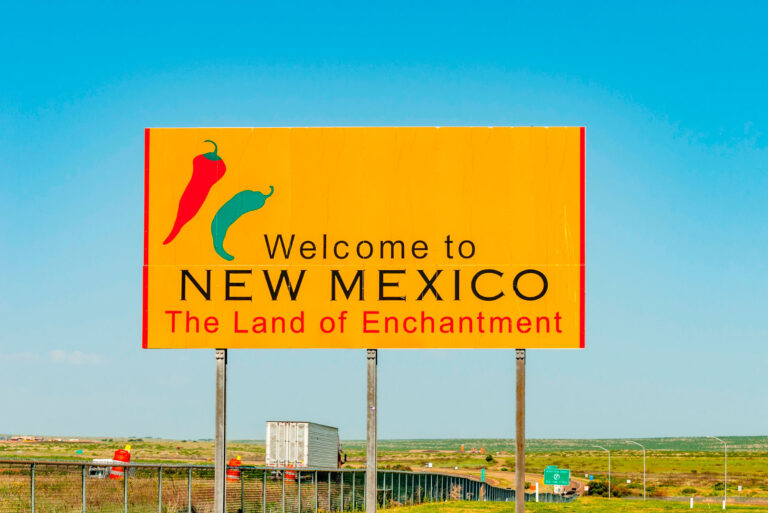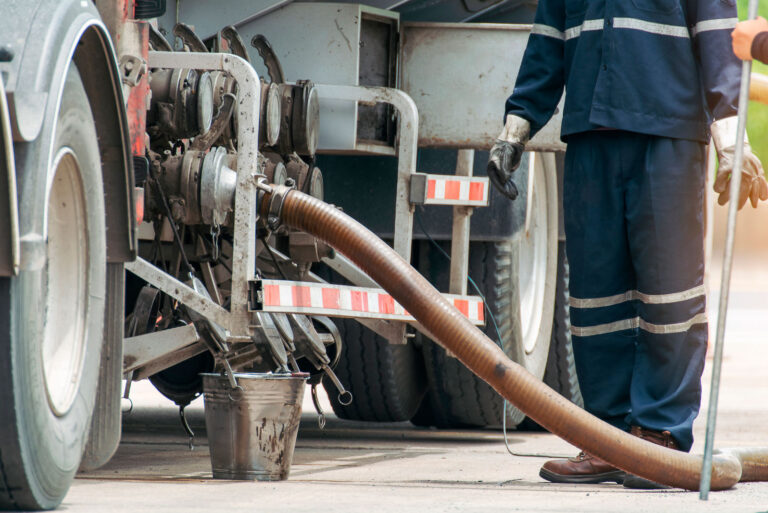California's Zero-Emission Trucks Mandate: Opportunities and Challenges for Fleets
May 11, 2023
On April 28, 2023, the California Air Resources Board (CARB) unanimously passed a new regulation that enforces a more widespread transition to zero-emission vehicles: The Advanced Clean Fleets (ACF) regulation. The ACF requires fleets consisting of medium and heavy-duty commercial trucks across California to transition to zero-emission vehicles. The regulation mandates that all large government and commercial fleets begin phasing in electric vehicles, with the goal of reaching net-zero emissions in the transportation sector by 2045.
The newly passed ACF builds on a previous regulation passed in 2021, the Advanced Clean Trucks (ACT) regulation, which accelerates a large-scale transition to zero-emission commercial trucks (medium and heavy-duty vehicles, or MDHV) across the state by mandating that the majority of MHDV sales are primarily zero-emission by 2035.
In this article, we’ll explore how the ACF and ACT will affect California’s transportation sector and how you can take advantage of funding opportunities to help your fleet get ahead.
What Are the Advanced Cleaned Trucks and Advanced Clean Fleets Regulations?

Under the ACT, vehicle manufacturers must incorporate increasingly higher percentages of zero-emission vehicles in their annual sales, with 2035 sales consisting of:
- 55% of zero-emission Class 2b – 3 trucks
- 75% of zero-emission Class 4 – 8 straight trucks
- 40% of zero-emission truck tractor
The ACT requires retailers, manufacturers, brokers, and other large employers to report information regarding shipments and shuttle services to CARB to ensure compliance. Fleet owners who own large fleets consisting of 50 or more trucks must also report their existing fleet operations to enable CARB to identify future strategies that ensure an adequate number of zero-emission trucks are available for purchase.
Widening the Zero-Emissions Mandate: The Advanced Clean Fleets Regulation
In April 2023, CARB passed the Advanced Clean Fleets regulation, which expands on the ACT by regulating the makeup of commercial fleets, not just vehicle sales. This regulation builds on the ACT’s efforts to cut petroleum usage and greenhouse gas emissions from commercial trucks by targeting the vehicles used by fleet operators across California. The ACF requires fleet operators to begin incorporating zero-emission vehicles into their fleets as early as January 1, 2024. This regulation also imposes an additional regulation to the ACT, which rules that beginning in 2036, manufacturers may sell only zero-emission commercial trucks.
What Types of Vehicles Will Be Affected?
Currently, the ACT requires manufacturers who certify combustion engines in Class 2b - Class 8 to sell zero-emission trucks at an increasing percentage from 2024 to 2035. Under the ACF, however, fleet owners are now also impacted.
The ACF targets specific fleet vehicles, including:
- Medium- and heavy-duty vehicles
- Off-road yard trucks
- Light-duty mail and package delivery vehicles
Under the ACF, owners of these vehicles are required to begin their transition to zero-emission vehicles, with the first compliance period deadline set at January 1, 2024. Existing combustion vehicles are allowed to remain in use, but all new vehicles will be required to be zero-emission.
Entities that own, operate, or control commercial truck fleets are subject to regulation, including:
- Drayage fleets
- State, local, and federal government agency fleets
- High priority fleets
- Entities with more than $50 million in gross annual revenue with at least one vehicle with a gross vehicle weight rating (GVWR) greater than 8,500 pounds
- Entities that own, operate, or control a total of 50 or more vehicles with a GVWR greater than 8,500 pounds.
Fleets that purchase EVs in preparation for compliance can receive Low Carbon Fuel Standard credits from the State of California, which can act as an additional revenue source to help fleet owners transition to electric fleets more cost-effectively.
When Would the ACF Take Effect?
Compliance mandates for the ACF will begin as early as 2024. The regulation gradually introduces new emissions mandates for fleet owners over the coming years, listed below.
Percentage of fleet that must be zero emission | 10% | 25% | 50% | 75% | 100% |
Box trucks, vans, buses with two axles, yard tractors, light-duty package delivery vehicles | 2025 | 2028 | 2031 | 2033 | 2035 |
Work trucks, day cab tractors, buses with three axles | 2027 | 2030 | 2033 | 2036 | 2039 |
Sleeper cab tractors, specialty vehicles | 2030 | 2033 | 2035 | 2039 | 2042 |
As a result of the increased number of electric vehicles on the road, the California Energy Commission (CEC) will begin investing in the expansion of electric charging and hydrogen fueling stations across the state. The CEC is currently developing a plan to install a network of publicly available charging stations between California’s major metropolitan areas, as well as along the east and west coasts of the United States and throughout Texas.
How Will the ACF Affect My Fleet?
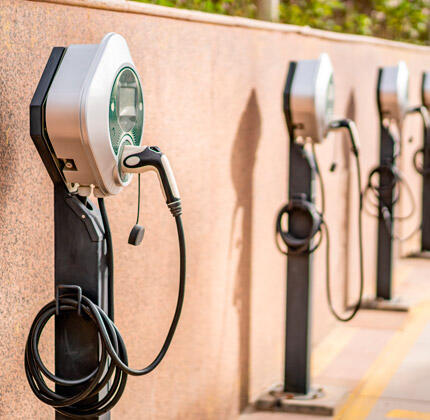
Currently, not all commercial vehicles have suitable clean fuel replacements. In circumstances where zero-emission specialty vehicles are unavailable or do not meet the needs of the fleet, fleet managers can request an Unavailability Exemption that allows them to purchase gas- or diesel-powered vehicles for their fleet.
How Can I Get Ahead?
As the state passes new mandates for clean energy vehicles, fleet owners can take advantage of incentives and funding opportunities to begin transitioning their fleet. The State of California will assist fleet owners in early adoption of ZEV fleets, but not in compliance, so it’s best to start transitioning your fleet sooner rather than later.
California has developed several funding programs that can help you begin your transition to a clean fleet. The California HVIP lists all vehicles eligible for funding. Many of these funding opportunities include rebates and grants that assist fleet owners in purchasing new ZEVs ahead of the compliance dates.
The Low Carbon Fuels Standard (LCFS) also rewards electric fleet owners by offering rebates in the form of electric vehicle credits. Smart Charging Technologies helps fleet owners apply to the program and will report and sell their LCFS credits at no cost.
Read more about how fleet owners can take advantage of the Low Carbon Fuel Standard.
These funding opportunities won’t last forever. Fleet owners should take advantage of the LCFS and other available incentives and grants as early as possible to minimize the costs of transitioning their fleet. As California passes increasingly ambitious green transportation laws, the clock is ticking for fleet owners to figure out not only how they will comply, but how they can get ahead.
Related Posts


